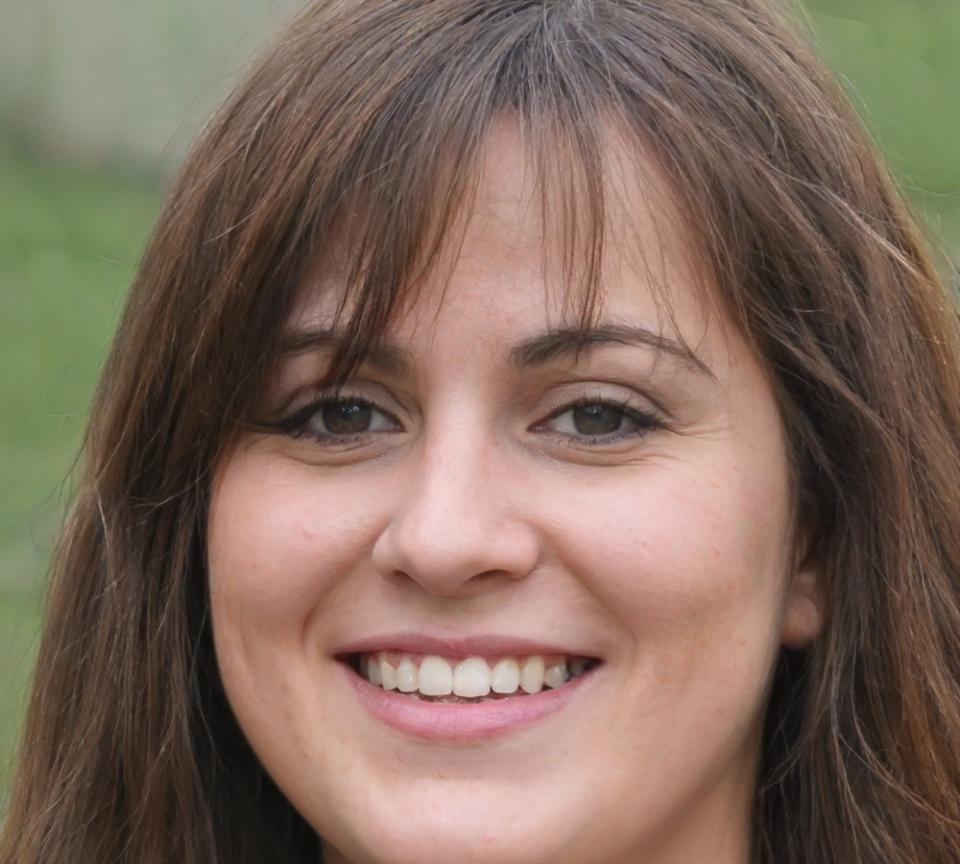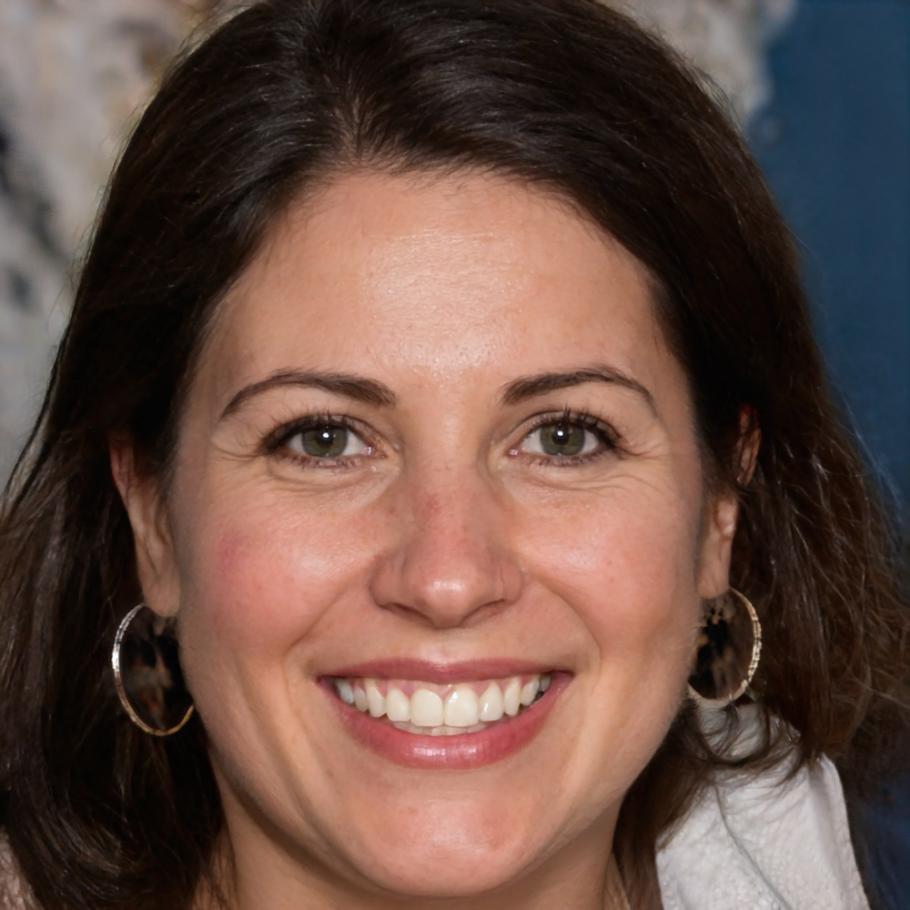Master Your Money Through Real-World Practice
Forget spreadsheets that make your head spin. Our program walks you through flexible budgeting the way it actually works in daily life—with scenarios you'll recognize, tools you'll actually use, and support when things get messy.
Starting September 2025, we're running small cohorts that focus on building habits, not perfection. Because budgets that work are the ones you'll stick with.
Reserve Your Spot
What You'll Actually Learn
Six modules spread across twelve weeks. Each one builds on the last, but we move at a pace that lets concepts sink in. You'll have time between sessions to test things out with your own finances.
Finding Your Starting Point
Most people have no idea where their money actually goes. We spend the first two weeks just tracking—no judgment, no fixes yet. You'd be surprised what patterns show up when you're just observing.
Building Flexibility In
Static budgets break the moment life happens. We'll show you how to create categories that bend without snapping—so an unexpected car repair doesn't blow everything up.
The Psychology Bit
Money decisions aren't logical. Understanding why you spend the way you do changes everything. This module gets real about emotional spending and how to work with your brain instead of against it.
Tools That Don't Suck
Apps, spreadsheets, envelope systems—we cover what works for different people. You'll leave with something you've customized yourself, not a template that sits unused on your desktop.
When Plans Change
Income fluctuates. Expenses surprise you. We practice adjusting budgets in real time with scenarios pulled from actual participant situations. This is where flexible budgeting earns its name.
Making It Last
The final module focuses on maintenance. How do you keep this going when the course ends? We build review habits and troubleshooting skills so you're not dependent on constant guidance.

Tessa Larkin
Financial Educator
Spent eight years teaching families how to manage irregular income. Believes most budgeting advice ignores how real households operate.

Elodie Voss
Behavioral Specialist
Combines psychology background with practical money management. Good at explaining why smart people make dumb financial choices.
Learn From People Who've Been There
Our instructors didn't start out as financial wizards. Tessa rebuilt her own budget three times before finding something sustainable. Elodie spent years researching why people abandon perfectly good plans.
They teach from experience, not theory. Which means you get honest answers about what works, what doesn't, and why your previous attempts might have failed.
Each session includes live Q&A where you can ask about your specific situation. No generic advice—just targeted help for your actual circumstances.
How It Actually Works

Small Groups
Maximum 15 participants per cohort. Everyone participates. You'll get to know the other people in your group—which makes accountability easier and learning more relevant.
Weekly Sessions
Live sessions run Tuesday evenings, 7-9pm AEST. Can't make a session? Recordings available within 24 hours. But showing up live is where the magic happens.
Between Sessions
Short assignments help you apply concepts immediately. Nothing overwhelming—usually 20-30 minutes of work. The goal is practice, not perfection.
Private Community
Access to participant forum where questions get answered within hours, not days. Past participants often hang around to share what's working months later.
Next cohort begins: September 16, 2025
Registration closes September 9 or when spots fill.
See What You Need